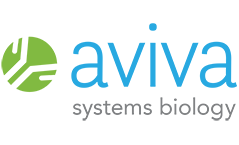Recombinant antibodies offer several advantages over other types of antibodies. Here are some key advantages:
- High specificity: Recombinant antibodies can be engineered to have high specificity and selectivity for their target antigen. Through the use of recombinant DNA technology, specific antibody sequences can be identified, cloned, and expressed, ensuring precise targeting of the desired epitope. This specificity reduces the chances of cross-reactivity with unrelated antigens, leading to more accurate and reliable results.
- Reduced batch variability and improved reproducibility: Recombinant antibodies can be produced in a controlled and standardized manner, ensuring batch-to-batch consistency. With recombinant antibodies, each production batch can be carefully controlled and characterized, ensuring consistent performance and reliable results throughout the experimental process. This reproducibility is crucial for experimental consistency, allowing researchers to obtain reliable and comparable results across different experiments and laboratories.
- Availability for difficult targets: Recombinant antibody technology is particularly useful when studying highly conserved or difficult-to-obtain antigens. In cases where traditional immunization methods fail to generate antibodies against these targets, recombinant antibody generation allows researchers to access antibodies that specifically recognize such challenging antigens.
- Scalability and renewable supply: Recombinant antibodies can be produced in large quantities with greater ease compared to traditional antibody production methods. This innovative platform allows for the sustainable and continuous production of the same antibodies, ultimately eliminating the dependence on animal sources and providing a reliable and ethical supply for long-term applications.
These benefits of specificity, reproducibility, and engineered properties make recombinant antibodies valuable tools in many research and application areas, including diagnostics, therapeutics, and molecular imaging.
